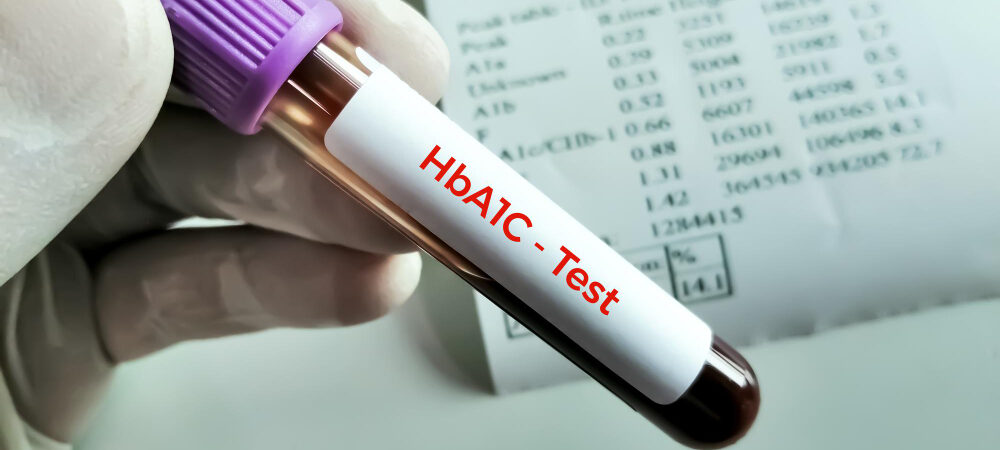Introduction:
Blood tests provide valuable information about our health, but we often wonder how long it takes to receive the results. The time frame for getting blood test results can vary depending on various factors.
In this blog, we will delve into the factors influencing the turnaround time of blood test results, the types of blood tests with different processing times, and what you can do to expedite the process.
Factors Affecting Turnaround Time:
- Type of Test: Different blood tests have different processing requirements. Some tests can be completed quickly, while others may take more time due to the complexity of the analysis.
- Laboratory Efficiency: The efficiency of the laboratory conducting the tests plays a significant role in the result turnaround time. Well-equipped and staffed laboratories can process tests faster.
- Sample Transportation: The time it takes to transport the blood sample from the collection center to the laboratory can impact the overall turnaround time.
Types of Blood Tests and Their Turnaround Times:
- Complete Blood Picture (CBC): Results for a CBP Test are usually available within a few hours to a day, as this test is commonly performed and processed quickly.
- Blood Glucose Test: Blood glucose test results can often be obtained on the same day or within 24 hours.
- Lipid Profile: Lipid profile results may take a few days to process, as it involves measuring different types of cholesterol and triglycerides.
- Complex Panels: Comprehensive panels assessing multiple markers, such as liver and kidney function tests, may take a few days to a week for complete analysis.
- Specialized Tests: Tests for specific conditions or rare diseases might require specialized equipment and expertise, leading to longer turnaround times.
Expedite the Process:
Communicate with Your Healthcare Provider: Discuss the urgency of your test results with your healthcare provider. They may be able to prioritize certain tests if necessary.
- Follow-Up: If you haven’t received your results within the expected timeframe, don’t hesitate to follow up with your healthcare provider or the testing facility.
- Online Portals: Many healthcare providers offer online portals where you can access your test results once they become available.
Conclusion:
Understanding the factors influencing the turnaround time of blood test results can help manage expectations and reduce anxiety while waiting for results. While some tests yield quick results, others may take longer due to complexity. Clear communication with your healthcare provider and the testing facility can expedite the process and provide you with timely insights into your health status. Remember that prompt access to your test results enables early intervention and proactive healthcare management.
Other Health Articles:
Decoding Vital Insights: A Comprehensive Guide to Important Blood Tests
Fasting Before a Blood Test: Everything You Need to Know
The Role of Blood Tests in Chronic Fatigue Syndrome Diagnosis
Blood Tests and Multiple Sclerosis: Unveiling Clues to an Elusive Diagnosis
Disclaimer:
Medical Advice: The information provided in this blog post is for educational purposes only and should not be considered as a substitute for professional medical advice, diagnosis, or treatment. Always consult with a qualified healthcare professional for personalized guidance regarding your specific medical condition.
Accuracy of Information: While we strive to provide accurate and up-to-date information, the field of medicine and viral fevers is constantly evolving. The content in this blog post may not reflect the most current research or medical guidelines. Therefore, it is advisable to cross-check any information provided with reliable sources or consult a healthcare professional.
Individual Variations: The symptoms, causes, treatment options, and preventive measures discussed in this blog post are general in nature and may not apply to everyone. It is important to remember that each individual’s situation is unique, and personalized medical advice should be sought when making healthcare decisions.
External Links: This blog post may contain links to external websites or resources for additional information. However, we do not endorse or have control over the content of these third-party websites. Accessing these links is done at your own risk, and we are not responsible for any consequences or damages that may arise from visiting these external sources.
Results May Vary: The effectiveness of treatment options or preventive measures mentioned in this blog post may vary from person to person. What works for one individual may not work the same way for another. It is essential to consult with a healthcare professional for personalized advice tailored to your specific needs.
Dr. Satya Kartheek is an experienced Consultant Physician in General Medicine, has been a front line COVID warrior consulting patients, online, outpatients, inpatients and ICU wards. Experienced doctor in both urban and rural setup.








